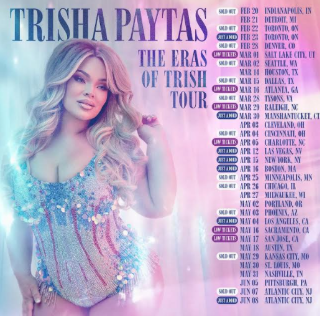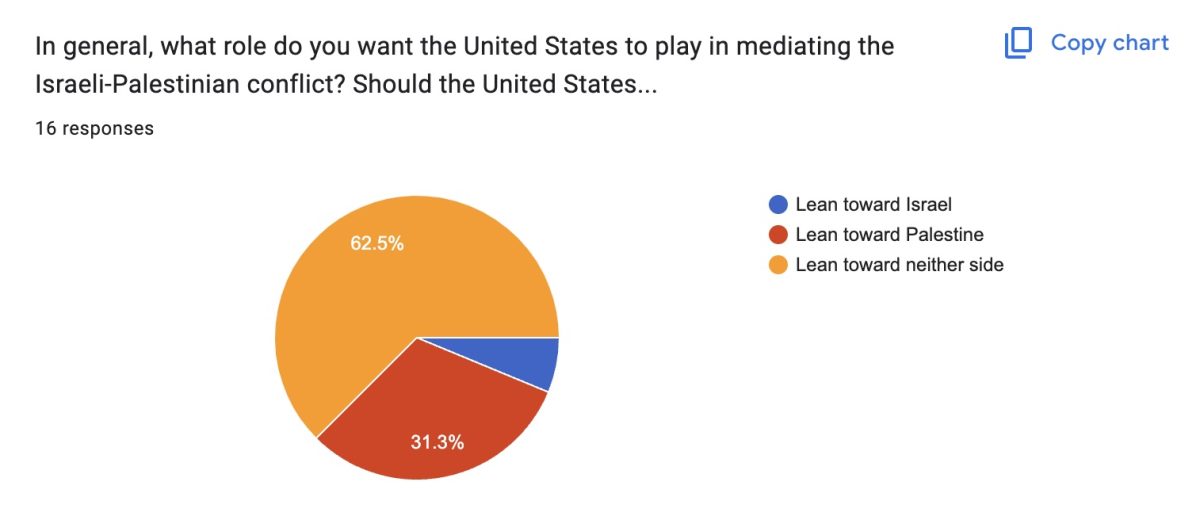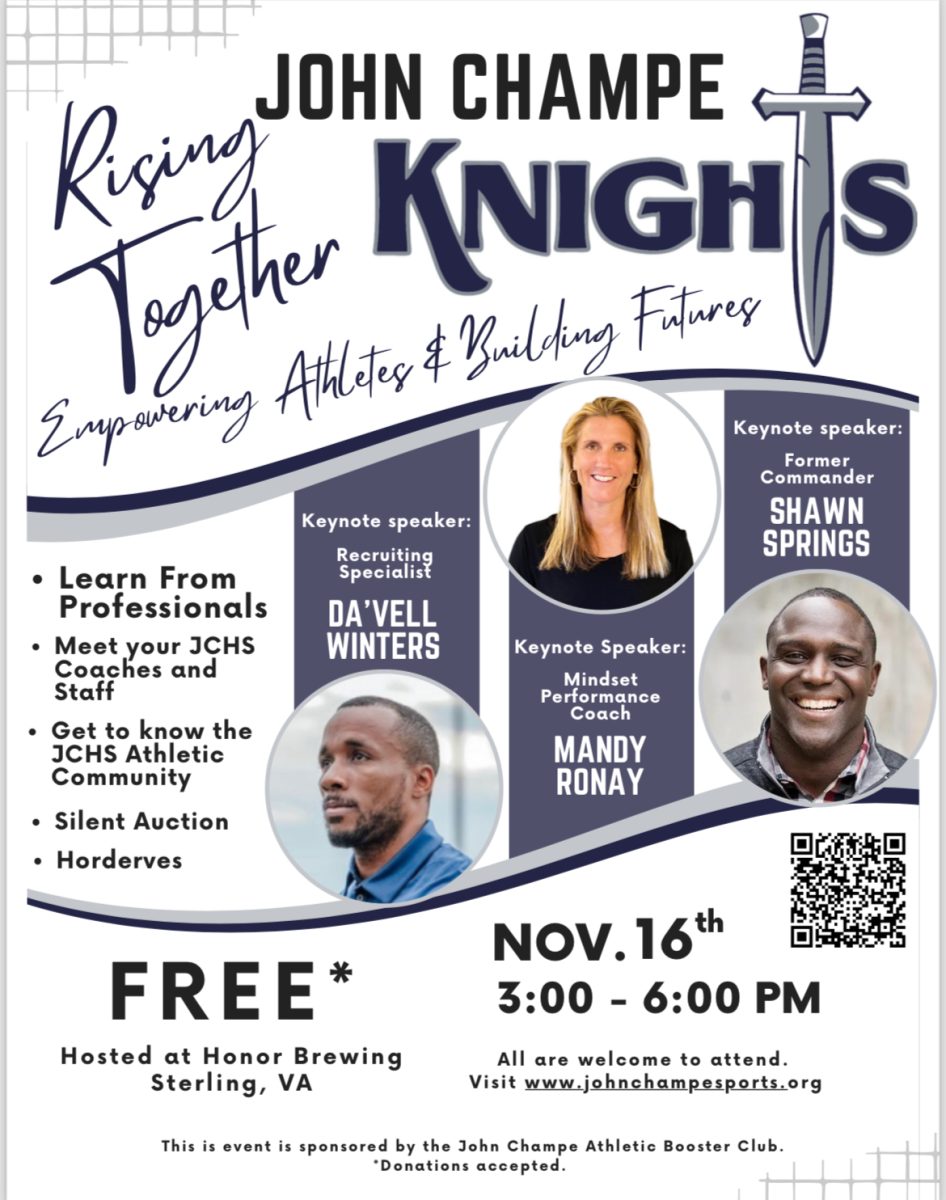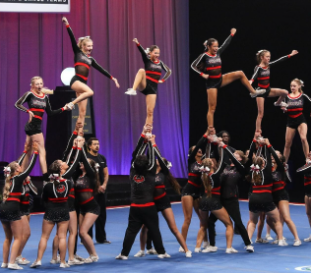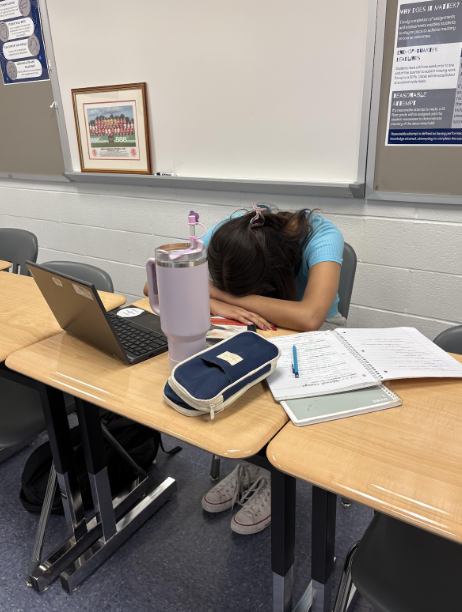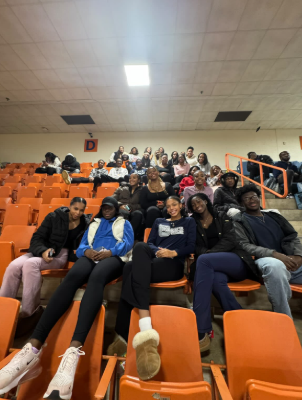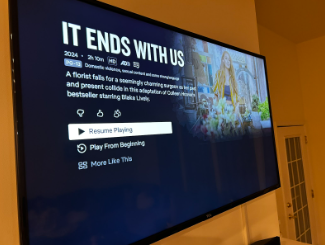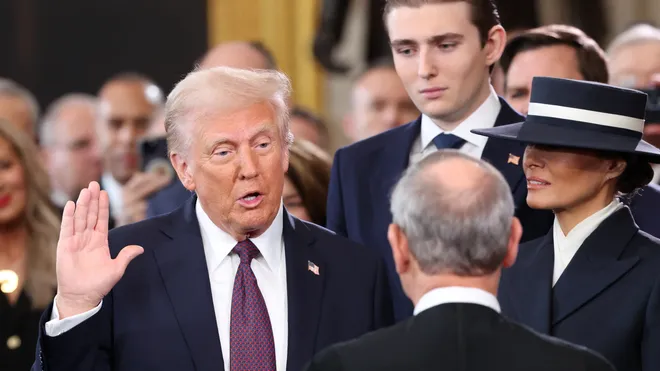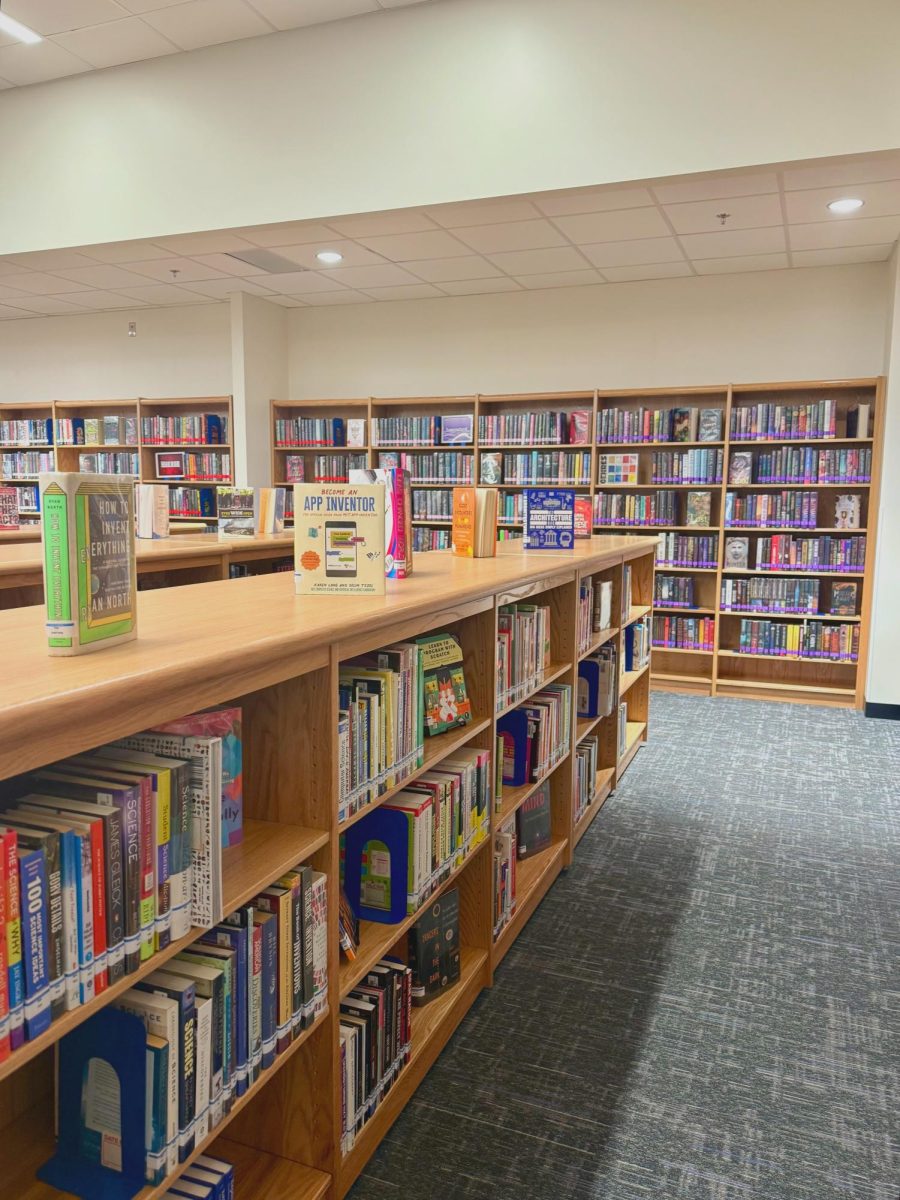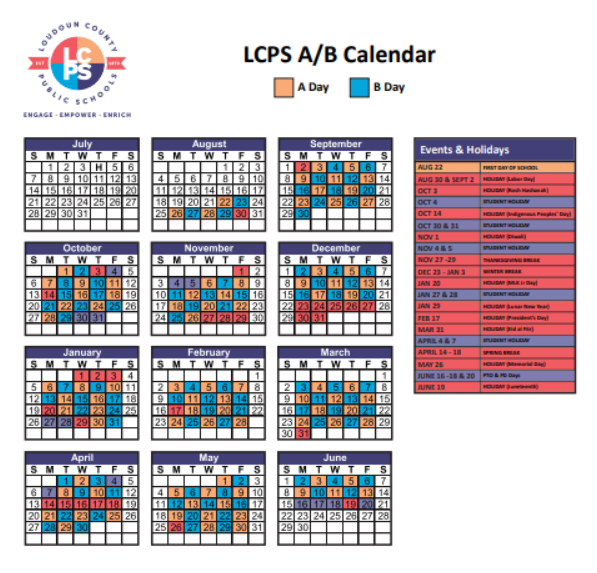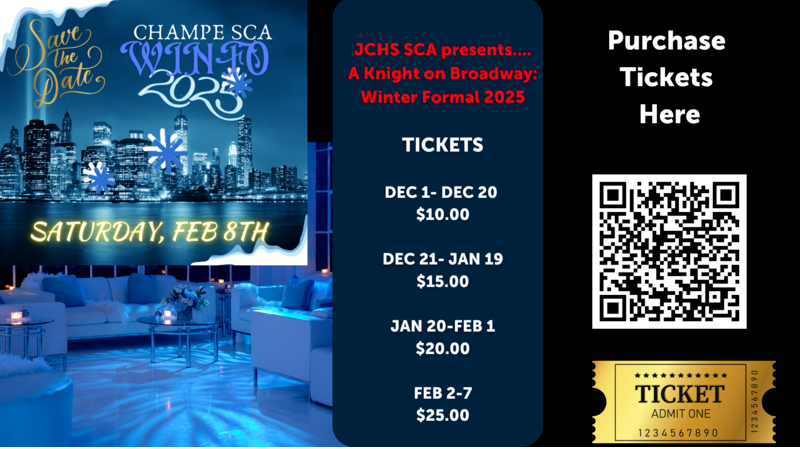The nation has thrived on the values of free speech and education for decades. However, book bans challenge these principles by limiting students’ reading choices and access to diverse topics.
Many adults, parents, and even religious officials have complained about the books that kids are able to read nowadays, as they have begun to dabble in more controversial, and possibly triggering topics. The U.S. Department of Education took it upon themselves to set limits on what kids can read and implemented this in the majority of school districts. Authors seek to teach and expose, and their guardians feel the need to protect and barricade these young minds. While these bans add a sense of control over the media that younger generations consume, they can also have negative effects.
“I think that the book ban is unnecessary, it limits our knowledge and it takes away the freedom of choice in what we want to read; reading from a revised selection hinders that,” junior Mahsaa Esmati said. “Books help us learn more about the world around us and have a creative outlet, which is really important.”
The ban also applies to books that don’t already have harmful topics, but can potentially suggest ideas that go against traditional beliefs. As a result, students’ minds are less exposed to wider varieties and become more conformist, which can reduce individuality and diverse perspectives. For example, even books depicting historical events crucial to education are being taken out of school curriculums due to potentially political topics.
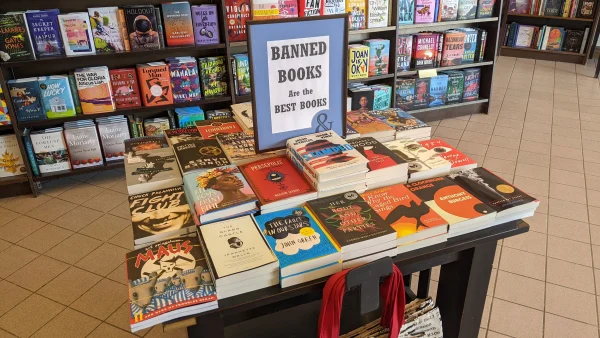
“The survey from PEN America suggested that bans of books nearly tripled nationwide, from 3,362 the previous year,” Gloria Oladipo wrote in The Guardian. “At least 13 titles were banned for the first time, including Alex Haley’s Roots: The Saga of an American Family, which describes the journey of an enslaved person from Africa to the US, and James Baldwin’s Go Tell It on the Mountain, the acclaimed semi-autobiographical work set in Harlem, New York.”
The potential influence that a book may have on kids forming opinions is the main concern for adults encouraging book bans. Children can have very susceptible minds, especially in their early years, when their brains are just beginning to develop. Many things they are exposed to early on can have
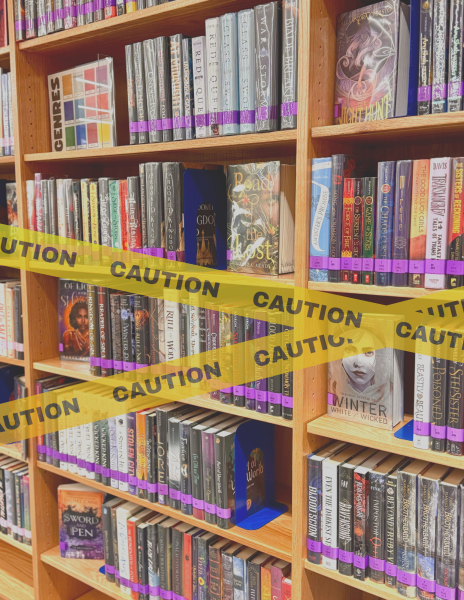
(Aabriti Gautam)
a long-term influence on them, like what they see, hear, and read.
“The book ban has its pros, especially since some of those books try to push biased political ideologies, which I don’t think is beneficial to students,” junior Suhana Rahman said.
“But, I also don’t think some of the classic books should’ve been banned, it’s important to not eradicate famous and well-liked books.”
Many educational books incorporated into English curriculums worldwide have also been limited by this book ban, including classics and books with representation of discrimination. Numerous books that high schoolers read 10 years ago will not reach the high schoolers of today because of these restrictions.
“In the United States, there has always been a struggle to provide equal access to stories and histories of diverse communities,” the article The Peril of Book Bans: Targeting Women and People of Color said. “This targeted censorship silences the voices and erases the complex histories and experiences of these communities.

